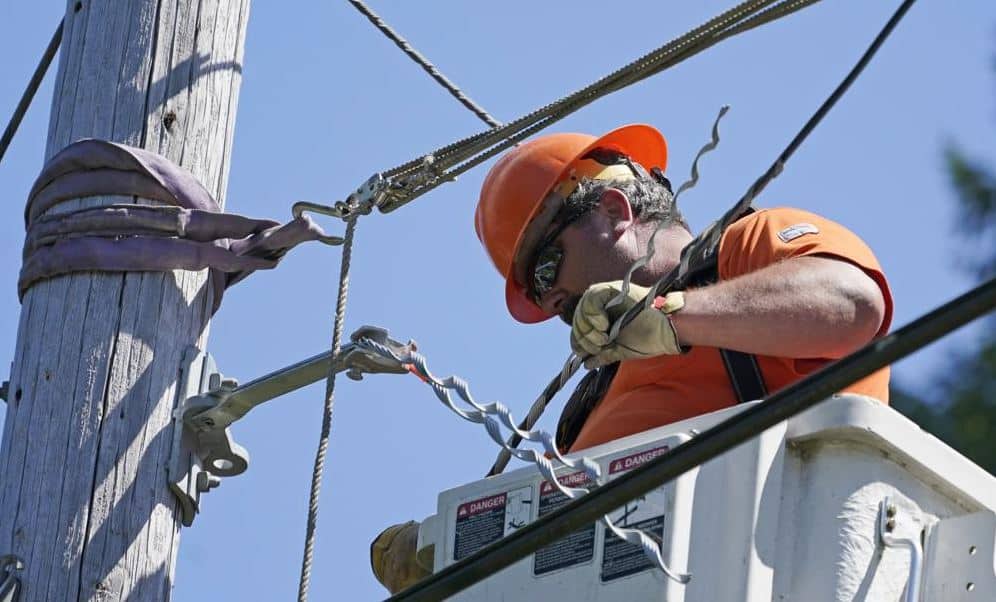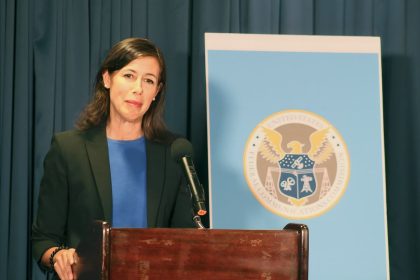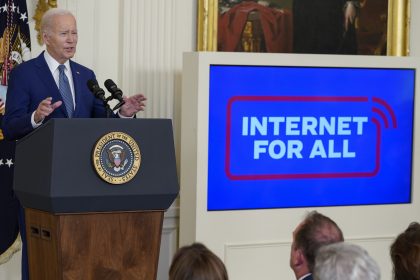FCC Seeks to Reduce Broadband Costs for Apartment Dwellers

WASHINGTON —The Federal Communications Commission adopted a set of rules Tuesday intended to increase broadband competition and reduce the cost of those services to those living and working in apartments, public housing, office buildings and other multi-tenant buildings.
The rules prohibit broadband providers from entering into certain revenue sharing agreements with a building owner that keep competitive providers out of buildings.
The rules also require providers to inform tenants about the existence of exclusive marketing arrangements in simple, easy-to-understand language that is readily accessible.
Finally, in a Declaratory Ruling, the FCC clarifies that existing commission rules regarding cable inside wiring prohibit so-called sale-and-leaseback arrangements that block competitive access to alternative providers.
“One third of this country live in multi-tenant buildings where there often is only one choice for a broadband provider, and no ability to shop for a better deal,” said Chairwoman Jessica Rosenworcel in a written statement.
“The rules we adopt today will crack down on practices that prevent competition and effectively block a consumer’s ability to get lower prices or higher quality services,” she said.
With Tuesday’s action, the FCC fulfilled part of a mandate set for it in a sweeping executive order President Joe Biden signed in July.
The executive order, signed July 9, included over 70 initiatives aimed at promoting competition in the telecom and technology markets.
Among the provisions the FCC hasn’t addressed yet is a directive to reinstate net neutrality rules prohibiting the blocking, throttling or paid prioritization of web traffic that were repealed by the Trump administration.
Both net neutrality and the broadband labels were policy proposals spearheaded by the FCC under former President Barack Obama.
During a briefing with reporters on Tuesday, White House spokeswoman Jen Psaki described the new FCC rules as an “important step” to increase competition in the market for high-speed internet.
“As some of you may know, the landlord, if you live in an apartment, sometimes requires you to purchase internet service from one source,” she said. “Today, the FCC voted on a bipartisan, unanimous basis to crack down on exclusivity agreements between landlords and internet providers, known as ‘sweetheart deals,’ which lock tenants in apartments and office buildings into just one option for internet services.
“That might be good for the landlord and for the internet service provider, but it’s bad for tenants, bad for the American people, and bad for people living in apartment buildings who may have to pay more and accept lower quality service,” she said.
“More than a third of Americans live in apartments and condos, and many businesses operate in multi-tenant buildings, like office buildings or malls, so this is a big problem the FCC is starting to fix today,” Psaki concluded.
Dan can be reached at [email protected] and at https://twitter.com/DanMcCue.
























